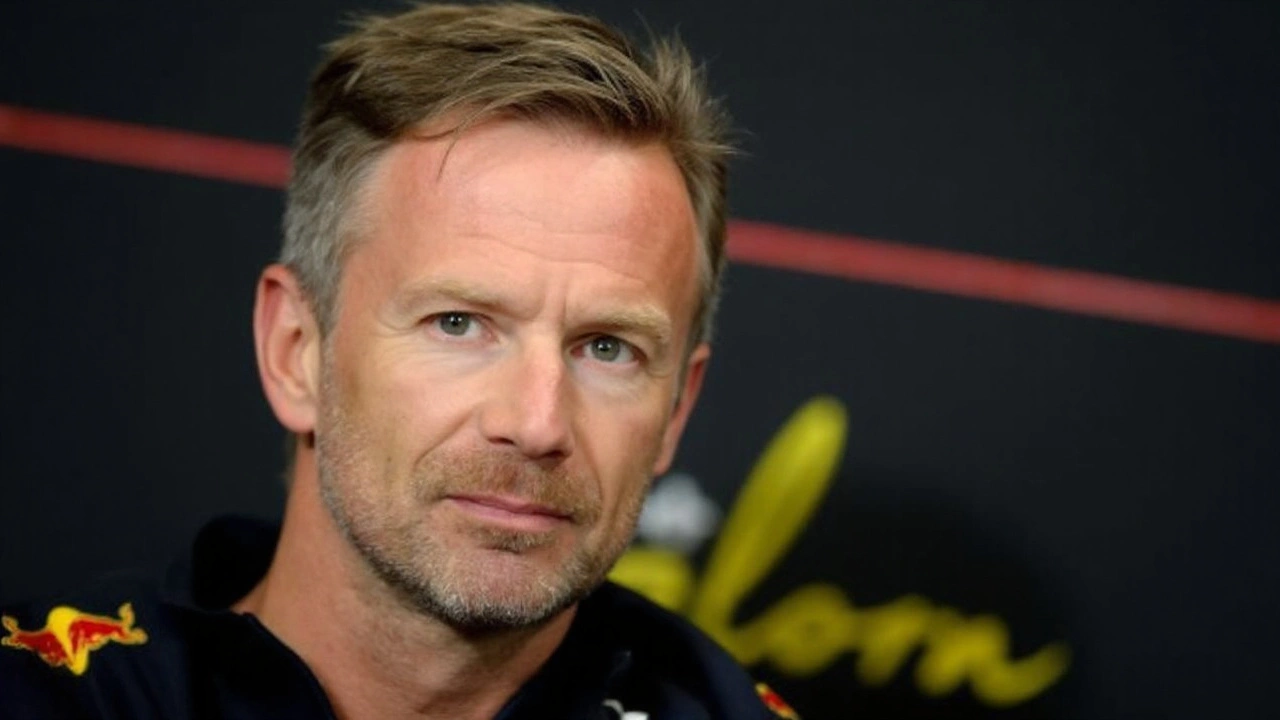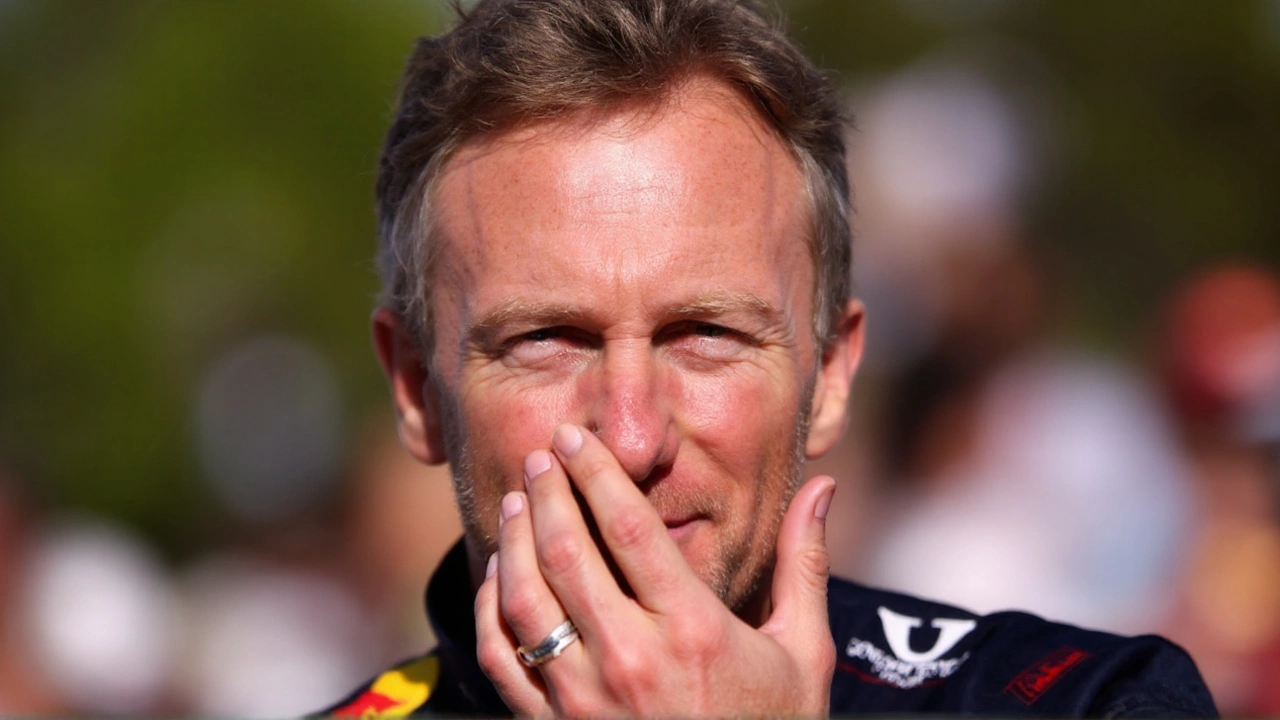How Horner’s exit unfolded
Red Bull Racing confirmed on Monday that Christian Horner is no longer part of the organisation after a settlement agreement was reached. The British team principal, who has been synonymous with the team since its Jaguar days in 2005, will be free to explore any role in Formula 1 from the start of the 2026 season.
The settlement’s financial details remain under wraps, with media outlets trading different figures. What’s clear is that Red Bull has untangled Horner from any contractual strings, allowing him to pitch himself to other teams without restriction.
Horner’s departure comes after he was stripped of his CEO and team‑principal titles earlier this year. Though he stayed on in a reduced capacity for several months, the formal announcement now puts a definitive end to a two‑decade partnership.

What the change means for Red Bull and the sport
Laurent Mekies, a seasoned engineer, has already taken over the reins. His technical background is already being felt in the garage, with a more data‑driven, collaborative style that contrasts with Horner’s charismatic, “big‑picture” approach.
On the track, the team has kept its winning ways. Back‑to‑back victories at Monza and Baku after the leadership shuffle show that Red Bull’s chassis, power unit and driver talent remain top‑tier. The wins also suggest the transition may be smoother than many pundits expected.
Horner’s legacy is hard to ignore. He guided the squad through the Vettel era, delivering four straight drivers’ titles from 2010‑13, and later helped Max Verstappen claim successive championships in the early 2020s. Under his watch, the team grew from a fledgling outfit to a global brand, attracting sponsors, fans and top engineering talent.
Red Bull’s own spokesperson, Helmut Marko, thanked Horner, highlighting his “tireless commitment, experience, expertise and innovative thinking.” The statement underscored how integral Horner was to shaping the team’s culture and success.
Since stepping down, Horner has been keeping a low profile at home, occasionally popping up on race‑day broadcasts to share a quick text or comment. No rumors have solidified around a specific future destination, but his name is already flashing across the desks of several midfield teams looking for a seasoned leader.
For the sport, Horner’s exit could shake up the power balance. A former champion‑builder joining a rival could bring fresh strategies and perhaps spark a new era of competition. At the same time, Red Bull’s continued podium finishes suggest the organisation can sustain momentum even without its long‑time chief.
Fans and insiders will be watching the 2026 preseason closely. If Horner lands at a team that struggled in recent years, his experience might fast‑track that squad’s climb. Conversely, Red Bull will aim to cement the Mekies era, relying on a blend of engineering depth and the raw talent of Verstappen and his teammate.
All eyes are on the next few months as contracts are drafted, staffing moves are finalized, and the first 2026 race weekend approaches. The F1 world is about to witness a new chapter for both a legendary manager and a team that has become a cornerstone of the sport’s modern narrative.
